Inside Jackson City Limits, Farmers Combat Their Neighbors’ Lack of Fresh Produce
Mississippians have been going hungry for decades, as Robert F. Kennedy discovered 55 years ago this month.
In the 1960s, the state deliberately withheld food aid from Delta communities, hoping to starve Blacks into leaving Mississippi. At the urging of Marian Wright, a young NAACP lawyer in Mississippi, Kennedy took an April day from his 1967 campaign for president to visit the Delta. He was shocked to meet starving children and parents who skipped meals. “We’re not doing what we should be doing in this country to deal with this problem,” he told reporters.
Around the same time, civil rights activist Fannie Lou Hamer purchased 40 acres in the Delta to be home to the Freedom Farm Cooperative. Born in the Delta, one of 20 children of sharecroppers, Hamer recalled, “I know what it’s like to be hungry … I know what it’s like to be without food … we worked all the time, but we never had enough to eat.”
FFC would grow to over 600 acres, offering a way that sharecroppers, tenant farmers and domestic workers could grow their own food and become self-reliant. With this cooperative food system, Black residents could stay in the South, live off the land, and create a healthy community. The FFC didn’t last, but the idea spread to other communities.
Today, many impoverished people in Mississippi, including residents in rural areas and south Jackson, face a lack of fresh fruits and vegetables. Their towns and neighborhoods are food deserts, meaning they lack grocery stores or farmers’ markets and fresh produce within 10 miles. Residents’ diets may be limited to fast food or chips and soda from corner stores or gas stations.
Jackson, although the state’s capital and urban center, has neighborhoods that are food deserts, but it also has several farms within its city limits. You can meet these farmers in Jackson most Saturdays at the Mississippi Farmers Market, sponsored by the state Department of Agriculture and Commerce at the Mississippi State Fairgrounds.
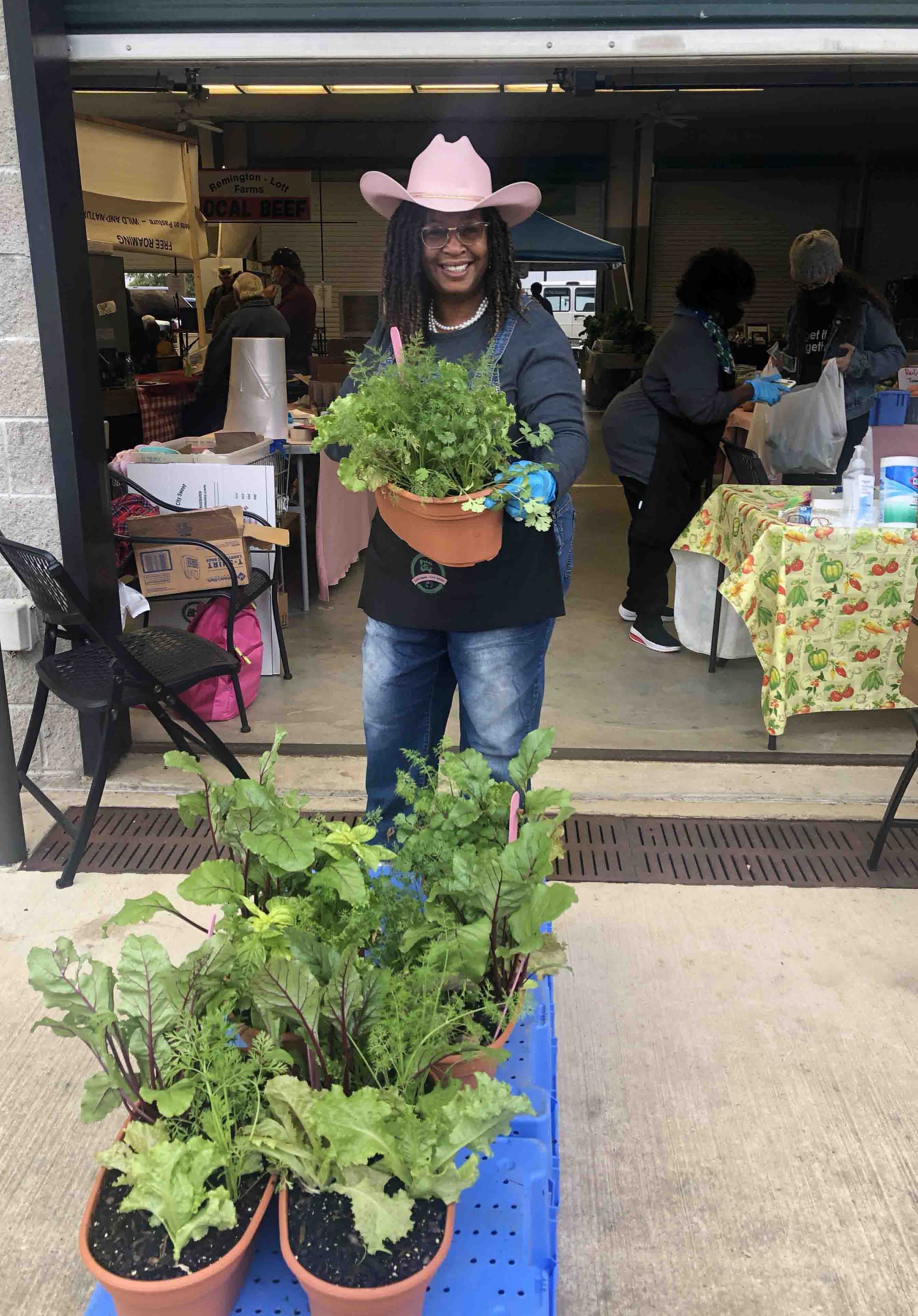
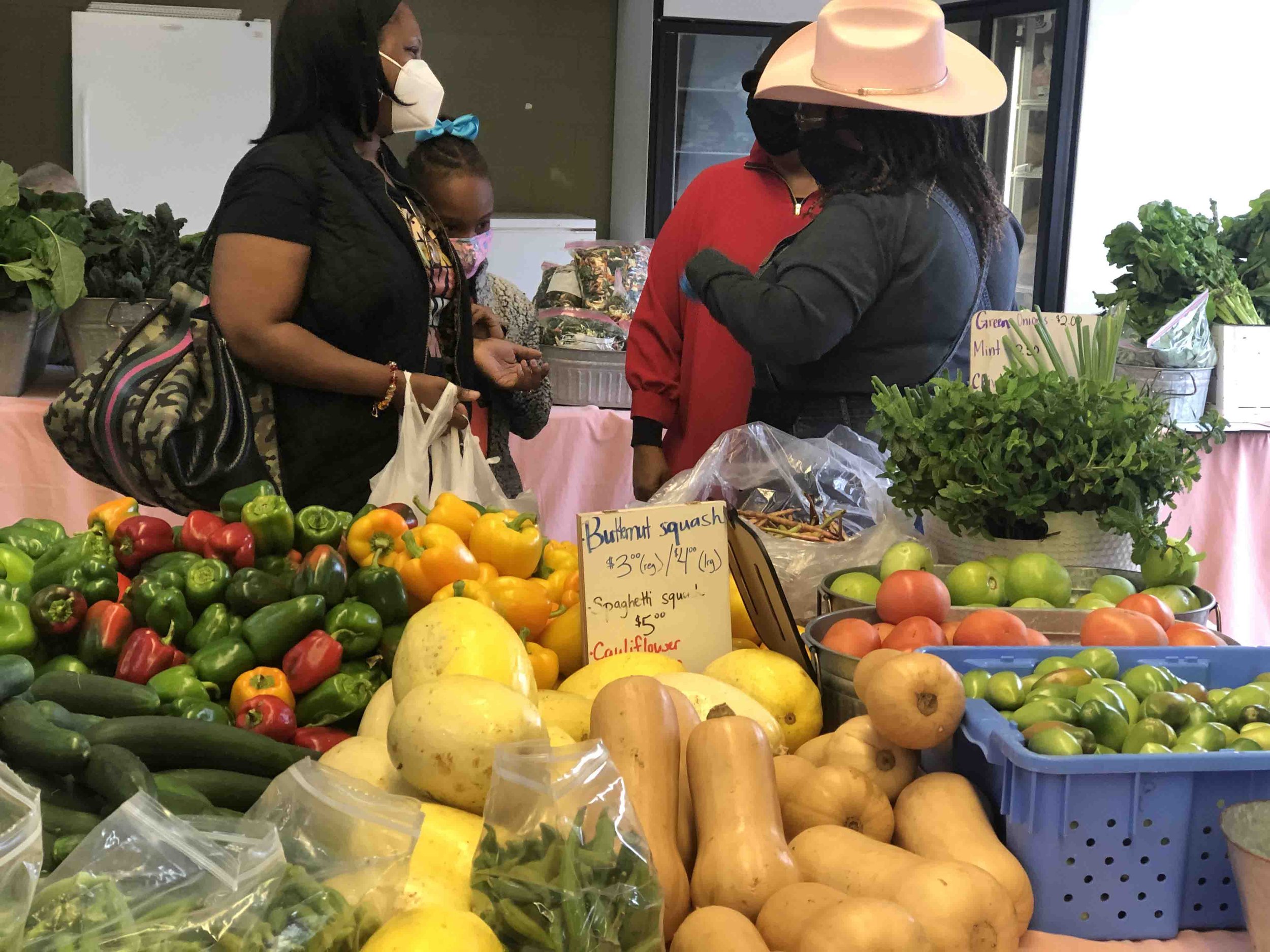
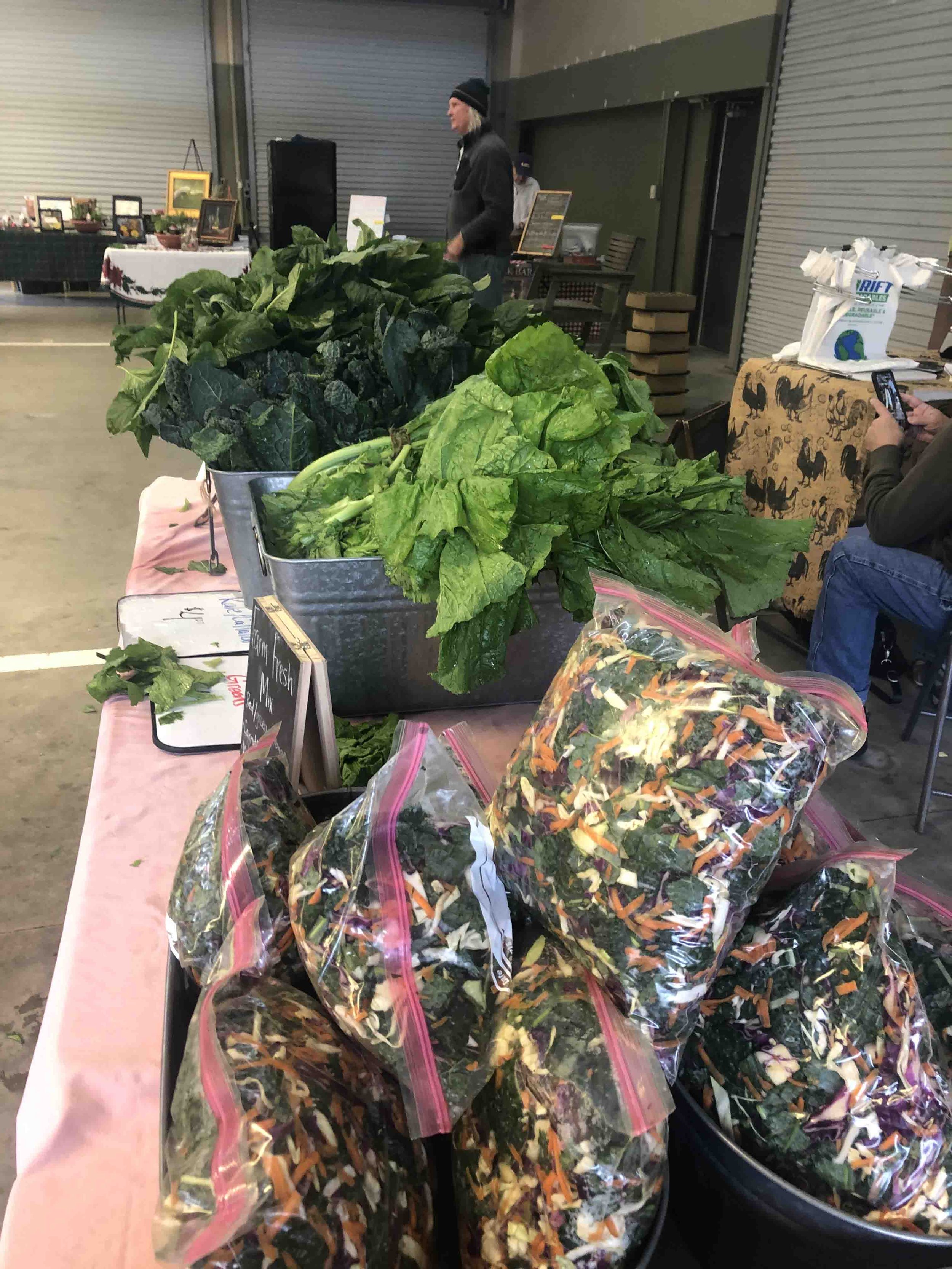
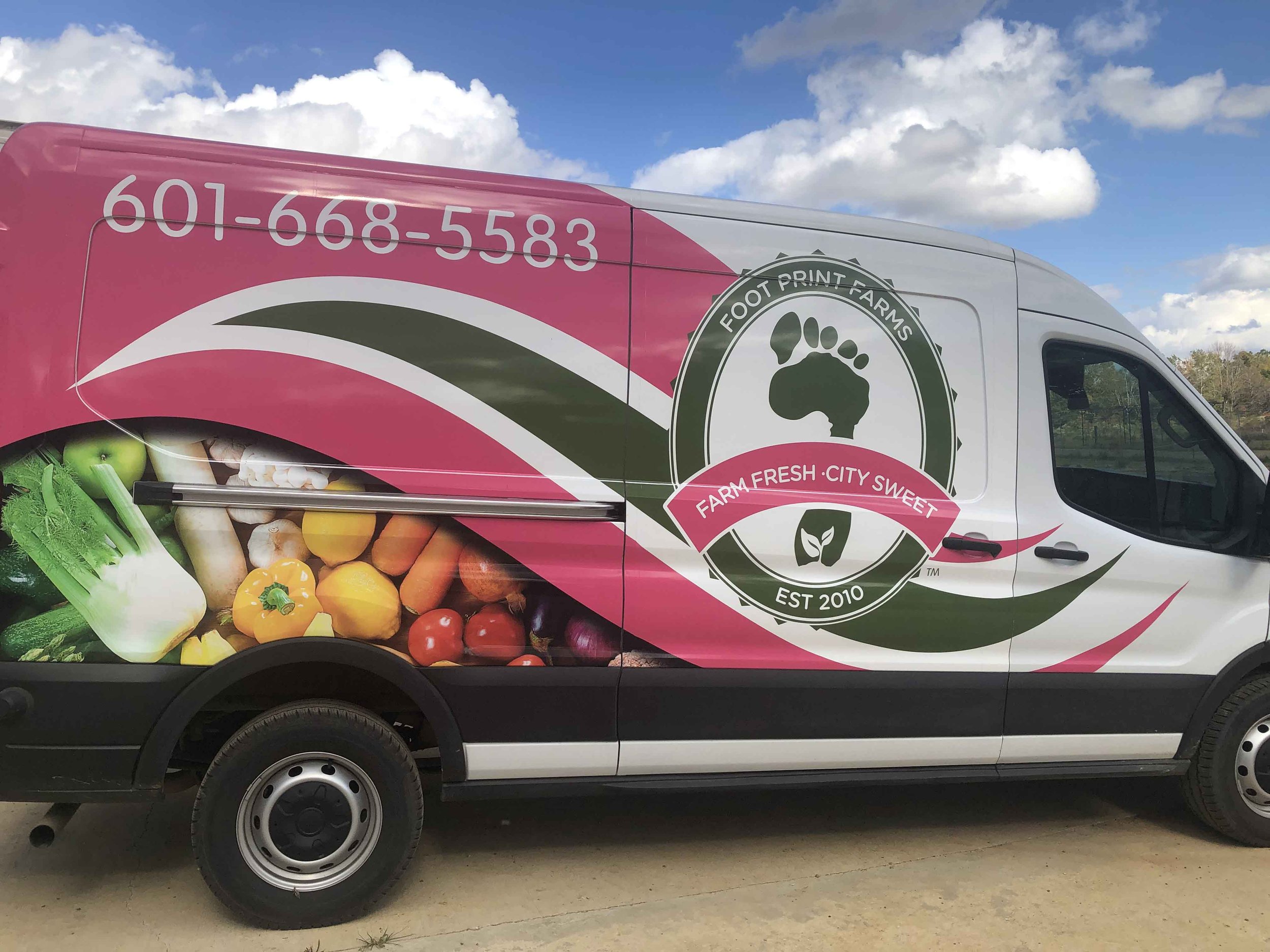
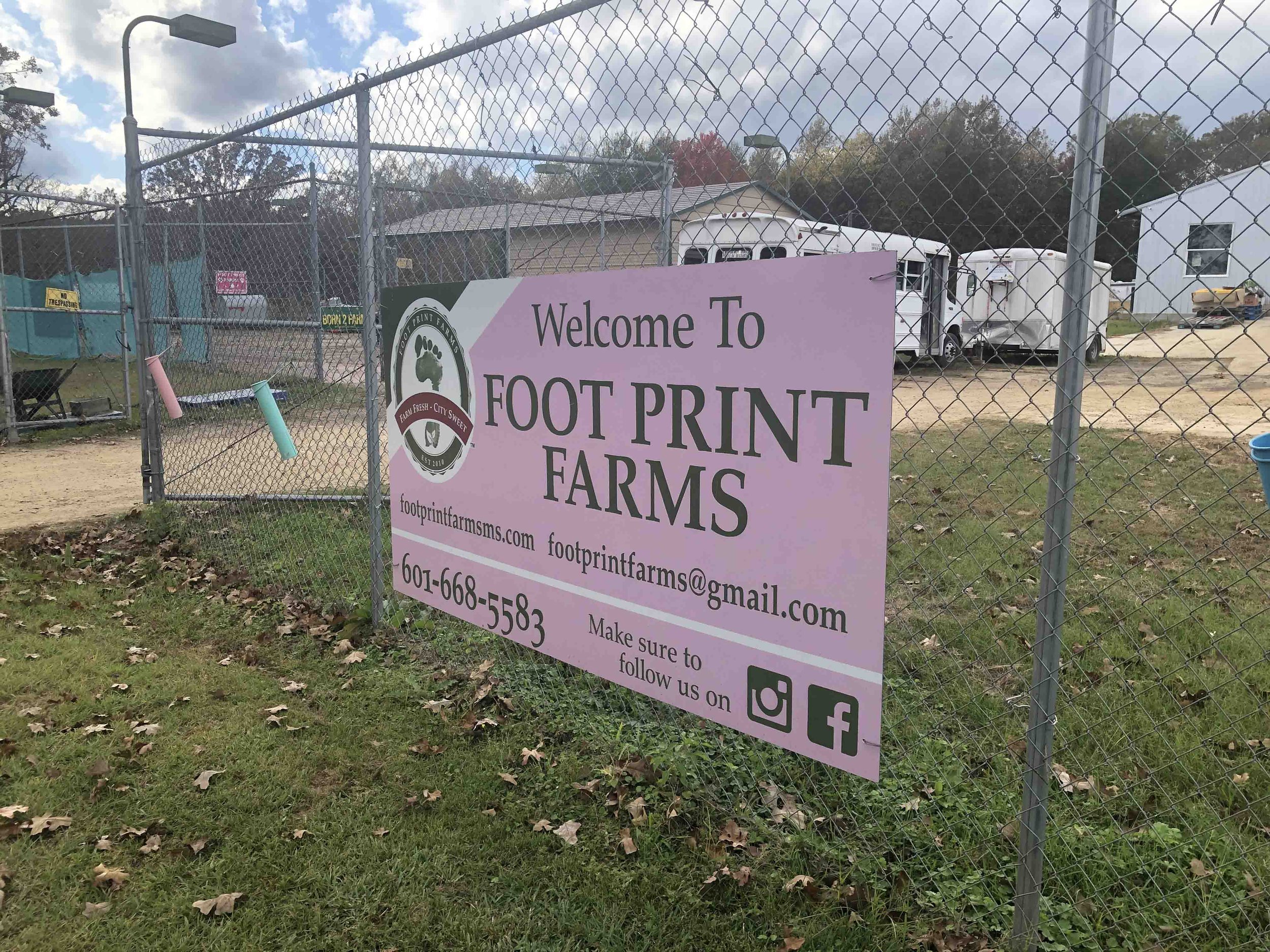
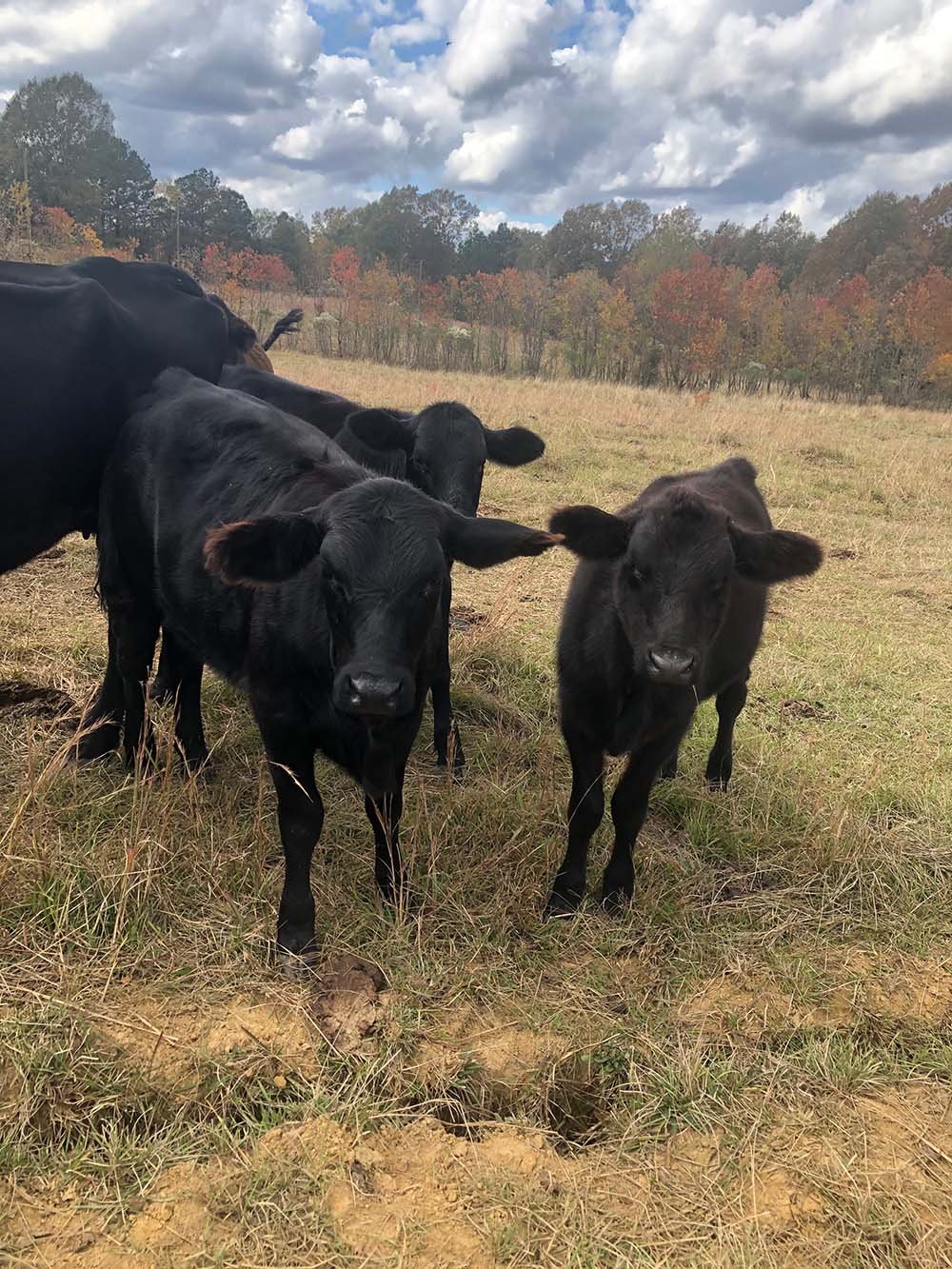
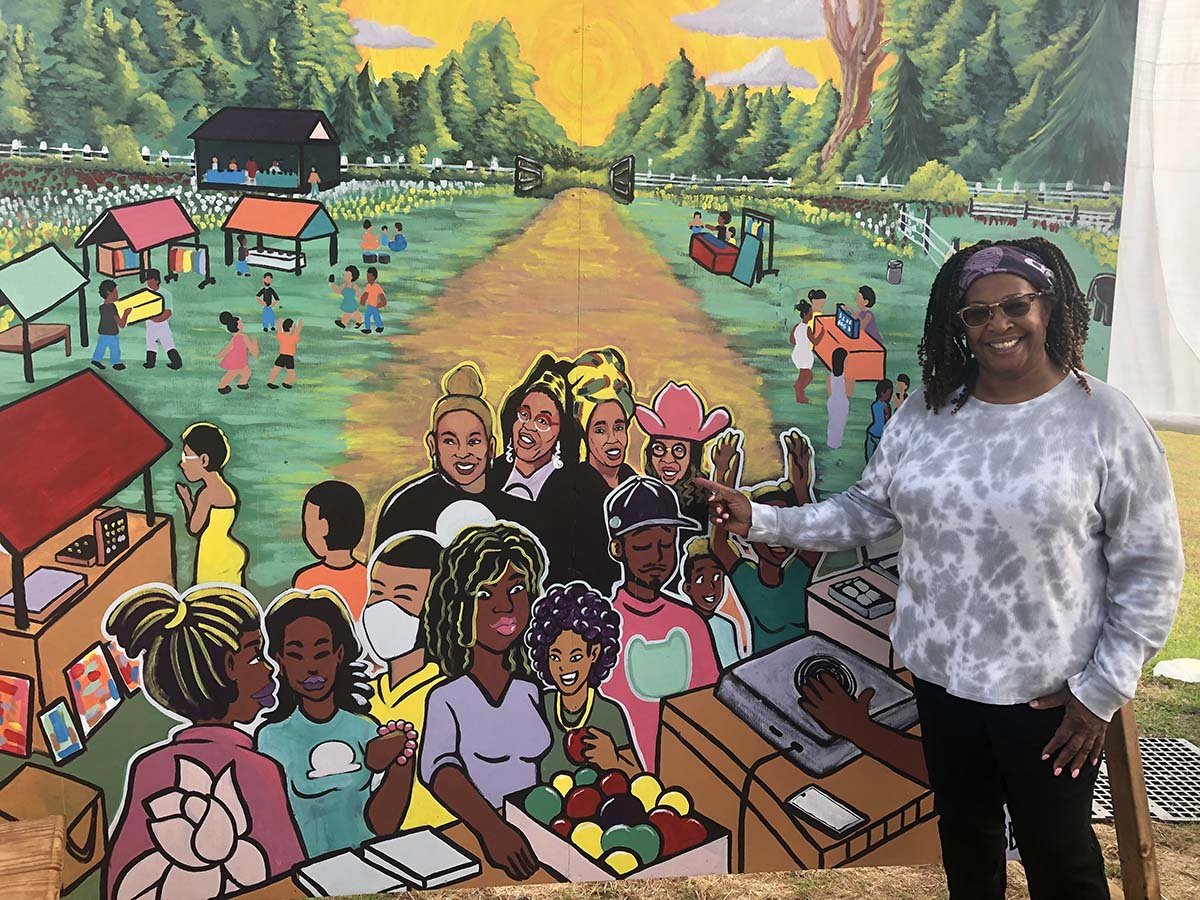
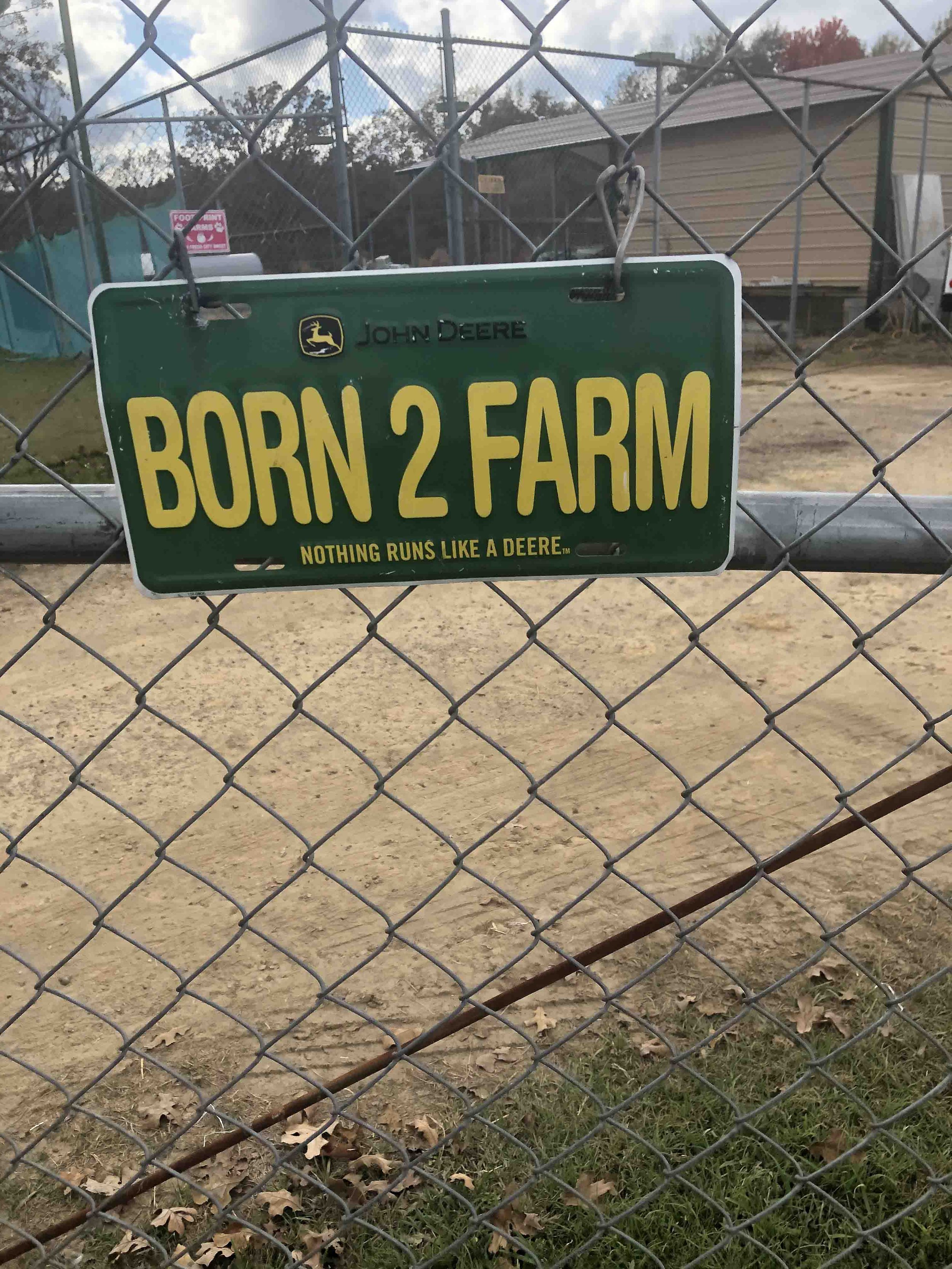
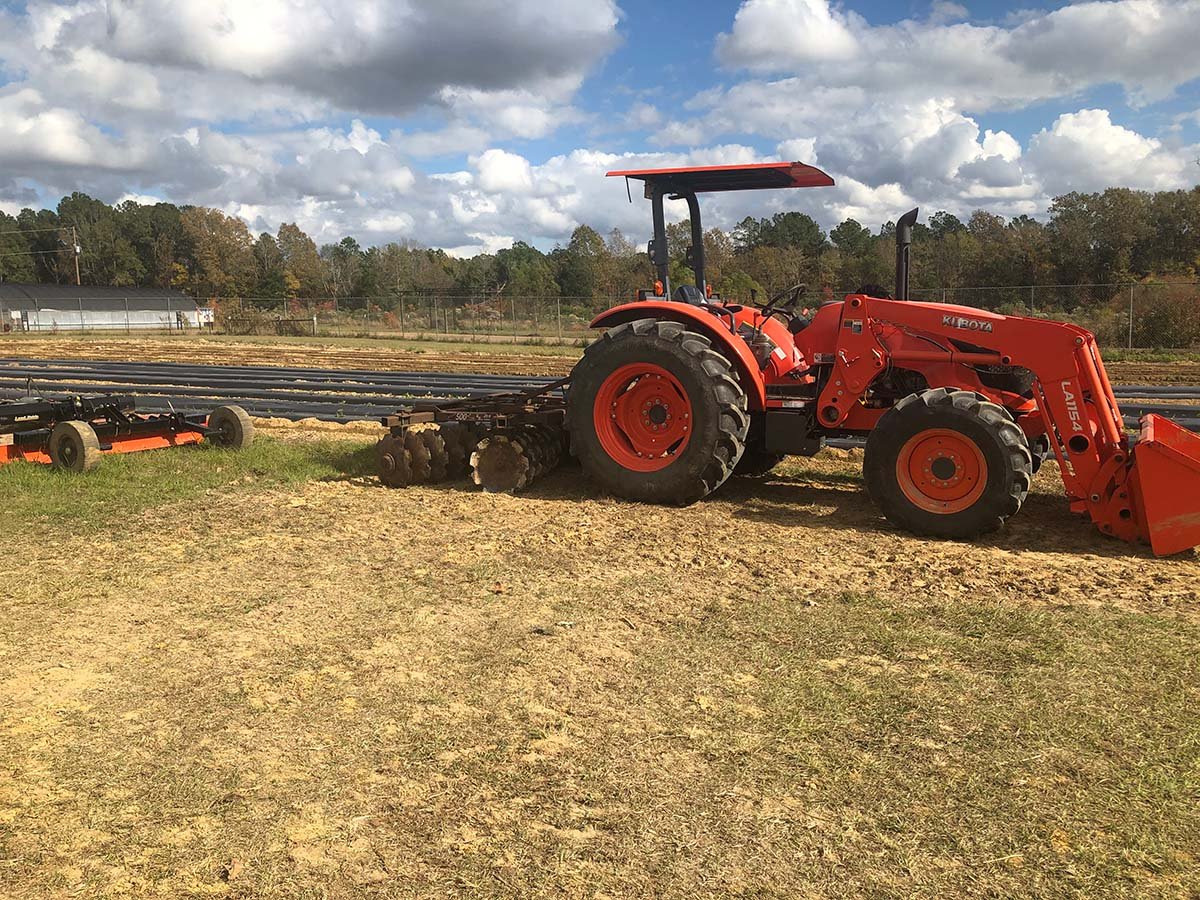
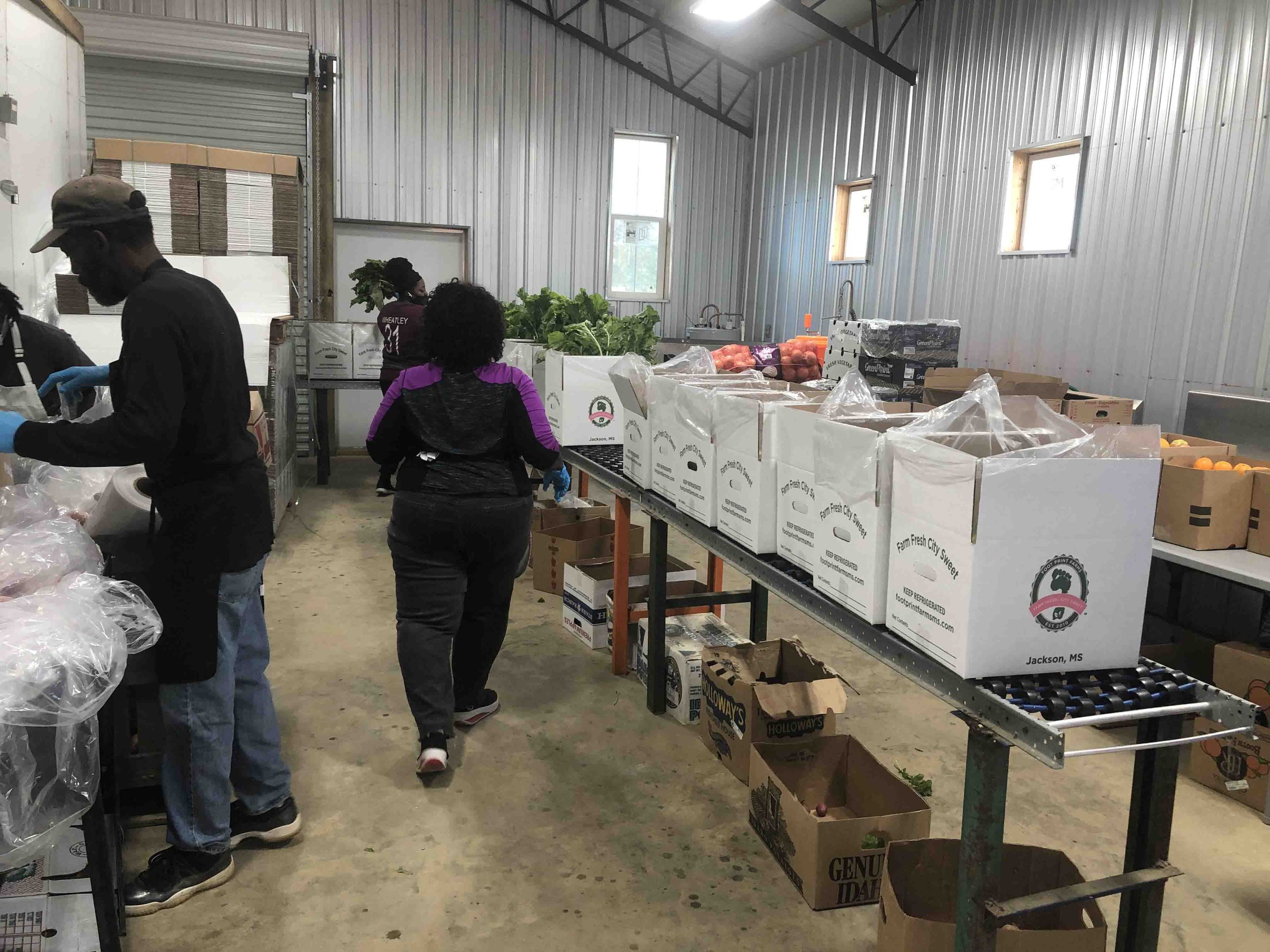
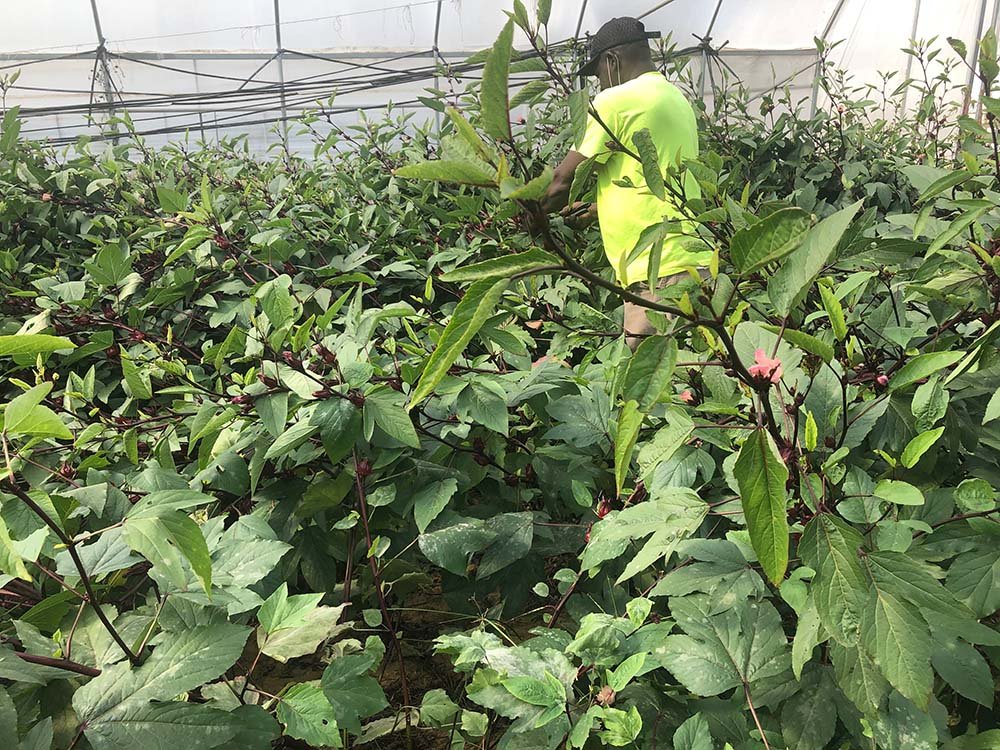
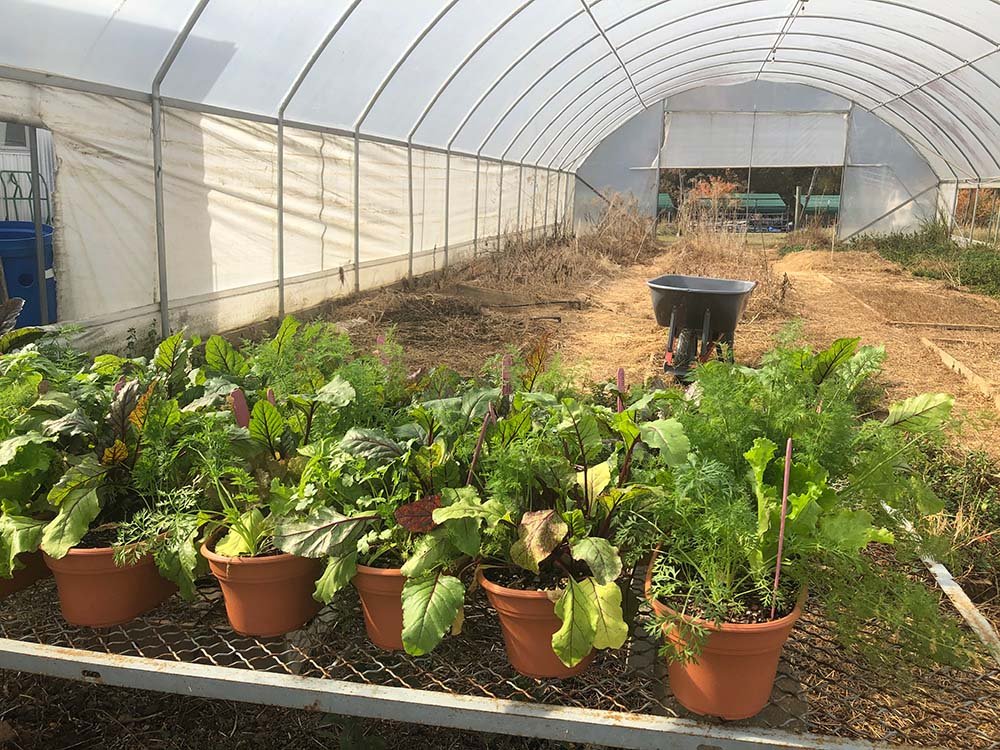
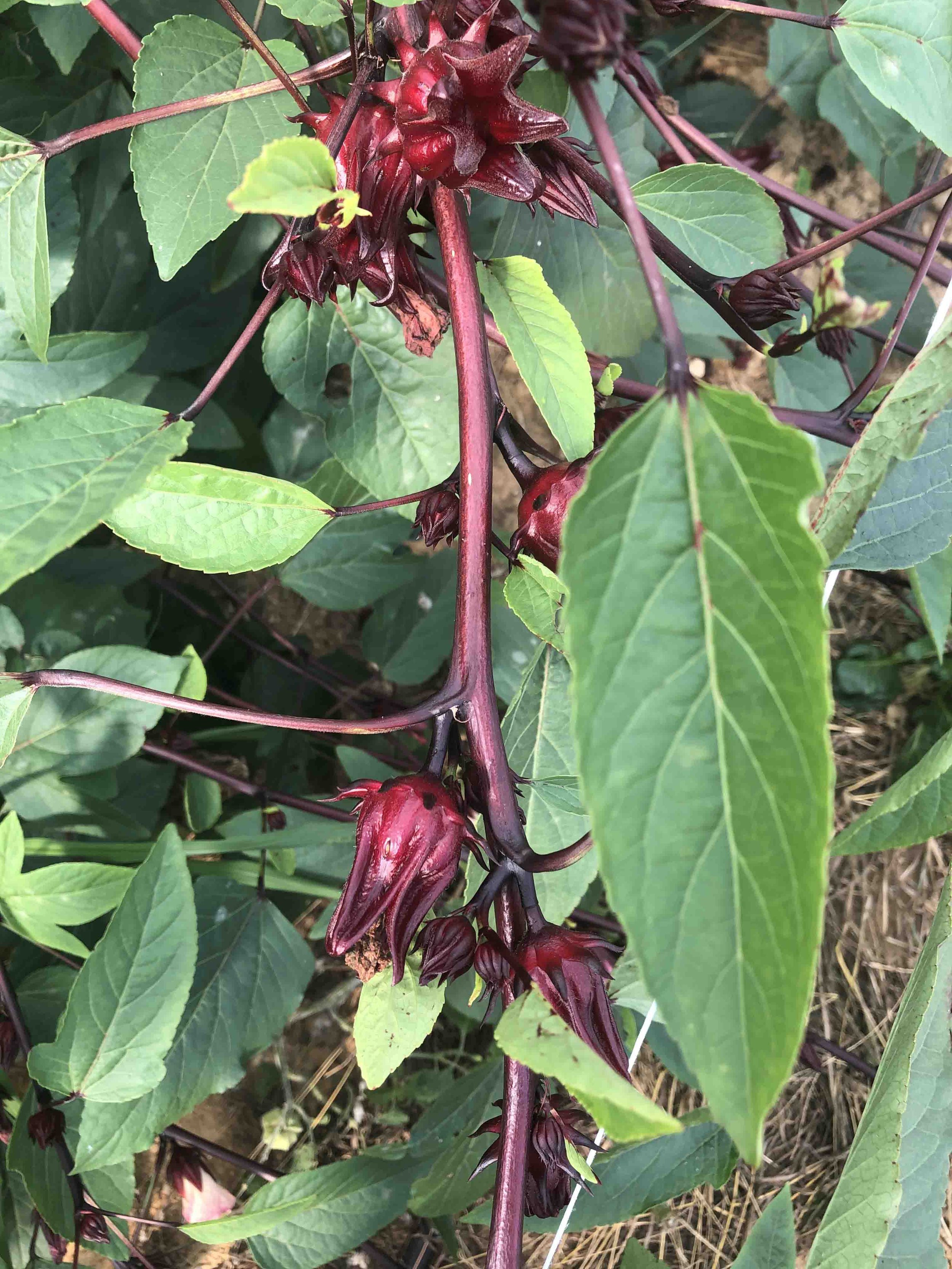
One farmer, Sam Humphrey of Fertile Ground Farms, works for Millsaps College graduate. Another farm represented, Wurmworks,in a closed system for waste disposal, offers worms to compost your food waste so you can plant your own vegetable crop in rich soil. Then there’s Cindy Ayres-Elliott in her signature pink straw cowboy hat, vintage jewelry and, in March, Mardi Gras beads. She greets many customers with hugs. Ayres-Elliott’s colorful Foot Print Farms truck is parked right outside the Farmers Market shed; inside, her tables are stacked with the highest piles of produce on sale.
Ayres-Elliott is a native Mississippian from a distinguished activist family. In 1975, her grandfather, a civil rights veteran, had a child at Jackson State University, and realized the state only provided funding to White institutions of higher learning like Ole Miss. Jake Ayers sued the state in federal court – successfully 20 years later – to obtain funding for historically Black colleges and universities. In 2002, the state and a majority of plaintiffs reached an agreement to award the three historically black institutions $503 million over 17 years. Ayres-Elliott herself graduated from Rust College, a private historically Black college in Holly Springs, with a bachelor’s in business administration, and then became only the second Mississippian to become a National Rural Fellow. This leadership program, which no longer exists for business students, offered her graduate study under professors from Harvard and MIT, and the chance to identify barriers to raising employment and livelihoods in rural areas, and to create plans to surmount those obstacles.
Once Ayres-Elliott had completed her fellowship, she moved to New York and did well working on Wall Street as an investment banker. After 9/11, she returned to Jackson and got a master’s degree and a doctorate in urban higher education from Jackson State in 2006. She went to work for a local nonprofit that focused on agricultural policy. But she wanted to do more than talk to farmers. In 2010, she “traded high heels for work boots” and “designer suits for overalls.” She became a farmer herself, setting up Foot Print Farms on 68 acres in west Jackson.
Foot Print Farms has several projects to combat Mississippi’s food deserts. Ayres-Elliott knows that “we have a higher-than-average incidence of diabetes and heart disease, in part because healthy foods have not always been accessible.” In partnership with the state Department of Health, Foot Print supplies boxes of fresh produce in season to needy families living in food deserts. Families that can afford a modest fee can subscribe to a Community Supported Agriculture, which delivers fresh produce to them every month. During the pandemic, Foot Print has secured donations and supplied fresh food to three schools in impoverished parts of Jackson.
Since many families in Jackson have small gardens, at the Farmers Market, Ayres-Elliott offers Salad in a Box, a plastic bin that holds a collection of small plants like lettuces and carrots that can be transplanted to a garden or to pots on a fire escape. Salad in a Box can grow into salads all summer long.
The road to Food Print Farms turns off a Mississippi state highway, but it leads quickly past stone walls and fields. Once you enter the farm gate, a herd of curious Black Angus cows hover close to their fence to greet you. Opposite them is a big plastic tent for weddings, parties and other events. Before the pandemic, Ayres-Elliott encouraged “agro-tourism” with her own events like The Common Table, conversations with artists that featured meals cooked by Jackson chef Nick Wallace, who was subsequently discovered by Bravo’s program, Top Chef.
Plastic greenhouses mean Food Print Farms can grow crops all year round, ready to supply farmers’ markets and Mississippians who suffer “food insecurity.”
Ann Marie Cunningham is MCIR’s Reporter in Residence. Contact her at amc@mississippicir.org.

